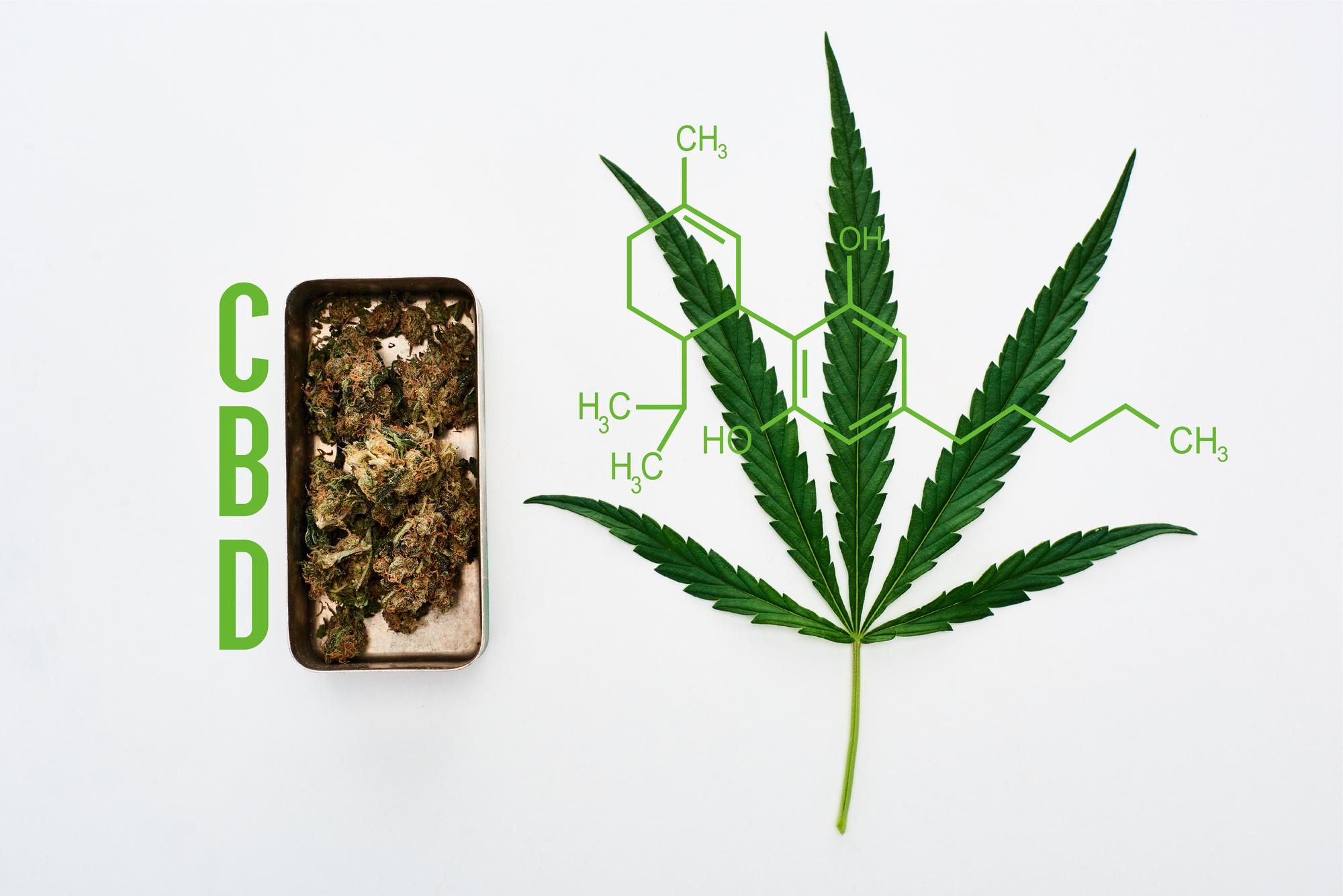Hemp seed oil, derived from the seeds of Cannabis sativa L., has drawn increasing interest for its potential role in therapeutic care. Free from psychoactive compounds, it is prized for its nutrient density and bioactive composition, which includes essential fatty acids, vitamins, minerals, and phytosterols. Recent clinical research has begun exploring whether these components can deliver measurable benefits in specific health conditions.
Skin and Atopic Conditions
A controlled clinical trial on individuals with atopic dermatitis found that regular dietary intake of hemp seed oil over 20 weeks improved skin dryness, itchiness, and overall comfort compared to olive oil. The study linked these effects to hemp seed oil’s unique ratio of omega-6 to omega-3 fatty acids and its gamma-linolenic acid (GLA) content, which support the skin’s barrier function and help regulate inflammation. Additional research into topical applications has shown promise as well. Formulations containing hemp seed oil have demonstrated reductions in acne lesions and excess sebum, suggesting that its anti-inflammatory and balancing effects extend beyond oral supplementation.
Joint Pain and Osteoarthritis
Clinical evidence also points to hemp seed oil’s potential in easing joint pain and improving mobility. In one double-blind, prospective study involving individuals with knee osteoarthritis, participants who used hemp seed oil—either alone or combined with terpenes such as beta-caryophyllene and myrcene—reported less pain and better joint function. Another study comparing topical hemp seed oil with diclofenac gel found comparable results in reducing pain and improving flexibility, positioning the oil as a promising natural alternative for managing chronic inflammation and joint stiffness.
Cardiovascular and Metabolic Health
Hemp seed oil’s cardiovascular benefits are an ongoing area of study. Its high concentration of arginine, balanced fatty acid ratio, and phytosterols have been associated with improvements in lipid profiles and circulatory function. Early findings suggest it may help reduce platelet aggregation and oxidative stress—two factors linked to cardiovascular disease. However, most of the data come from small-scale or short-term trials, and researchers agree that larger, long-term studies are needed before clear clinical recommendations can be made.
The Broader Clinical Picture
While hemp seed oil shows meaningful promise in several therapeutic areas, the body of evidence remains limited. Many studies are preliminary, and variations in extraction methods and product quality complicate comparisons. Regulatory standards for hemp seed oil as a therapeutic substance are also still evolving, underscoring the need for more consistent research and oversight.
Final Insight
Current evidence suggests that hemp seed oil offers notable benefits for skin health, joint care, and possibly cardiovascular support. Its unique nutritional profile, anti-inflammatory properties, and early clinical findings make it a compelling addition to wellness routines. Yet, experts recommend using it as part of a balanced diet and overall health strategy rather than as a primary treatment. Continued research will determine whether hemp seed oil’s growing reputation in therapeutic care will ultimately be confirmed by science.

